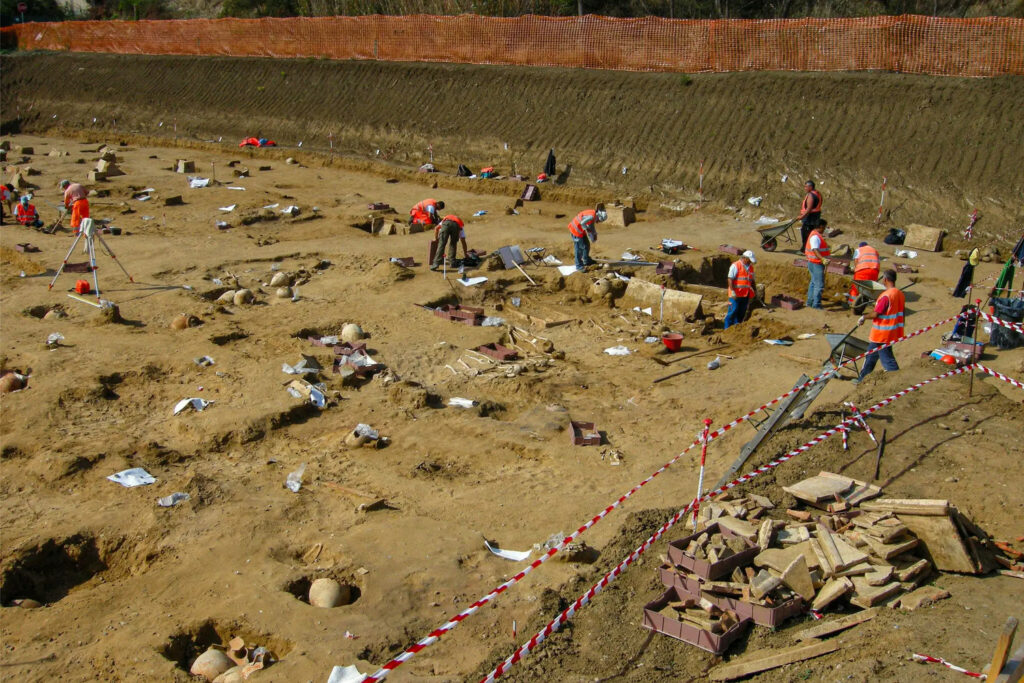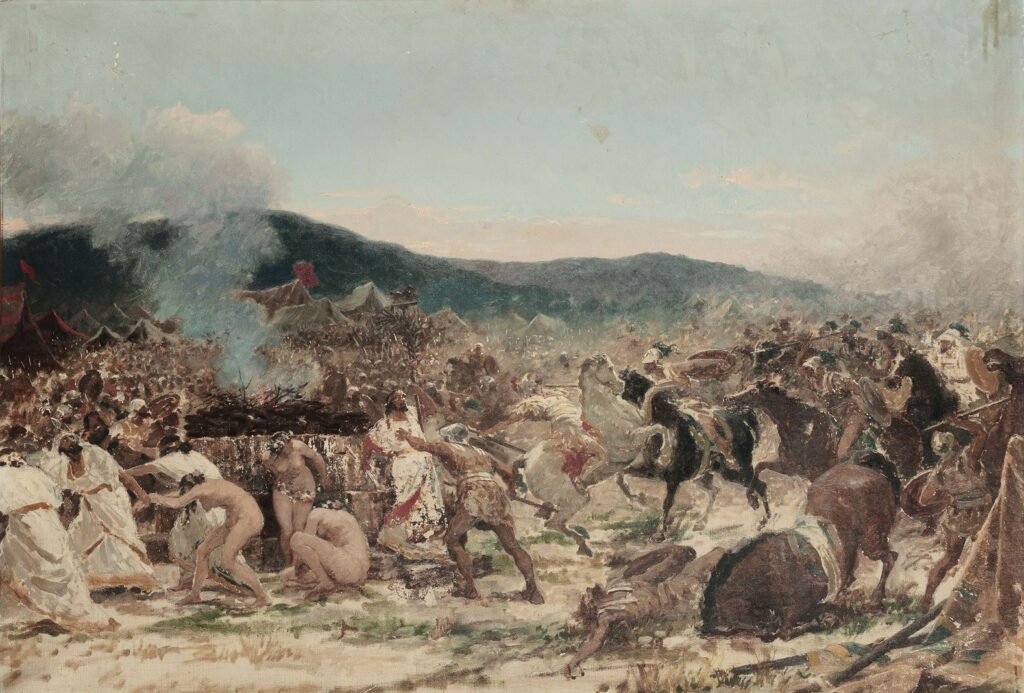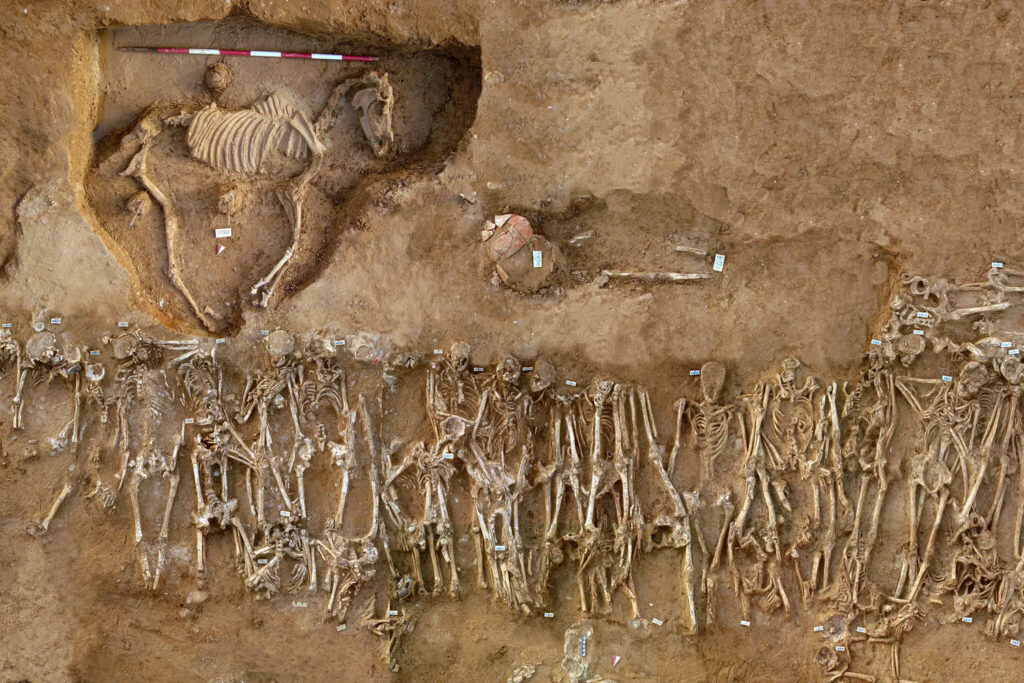The Discovery That Redefined History
In the sun-drenched soil of Himera, Sicily, an extraordinary find has transformed our understanding of ancient Greek warfare. A 2,500-year-old mass grave, uncovered during railway construction, has revealed insights that challenge the traditional view of heroic Greek citizen-soldiers.

The Battle of Himera: A Different Perspective
In 480 B.C., the Greek colony of Himera faced a Carthaginian invasion. Historians previously depicted brave citizens defending their land, but DNA analysis from the grave suggests that many of those buried were diverse mercenaries from distant regions.

Mercenaries: The Unsung Heroes of Ancient Greece
Imagine a warrior from modern Ukraine traveling thousands of miles to fight in Sicily. This was common, as research published in the Proceedings of the National Academy of Sciences identified soldiers from as far away as Latvia and Bulgaria among the remains.
The Tyrants’ Secret Weapon
Tyrants ruled ancient Sicily and recognized the value of mercenaries to expand their power and serve as bodyguards. This practice influenced the introduction of coinage in Sicily to pay these hired fighters.

Revising History: The Role of Modern Science
Through genomic and isotope analysis, researchers have pieced together the lives of these ancient warriors. The lack of armor and signs of trauma helped confirm their identities as fallen soldiers.

A Tale of Two Burials
The study also revealed different burial practices. Mercenaries were buried with respect but separately from Greek soldiers, who received more careful treatment, indicating a hierarchy even in death.

Conclusion: A Fresh Perspective on Ancient Warfare
The Himera discovery prompts historians to reconsider the nature of ancient Greek armies, revealing a complex reality where diverse mercenary forces played crucial roles. This research highlights the importance of combining various forms of evidence to uncover historical truths, suggesting that more long-held beliefs about ancient societies may be challenged in the future.

